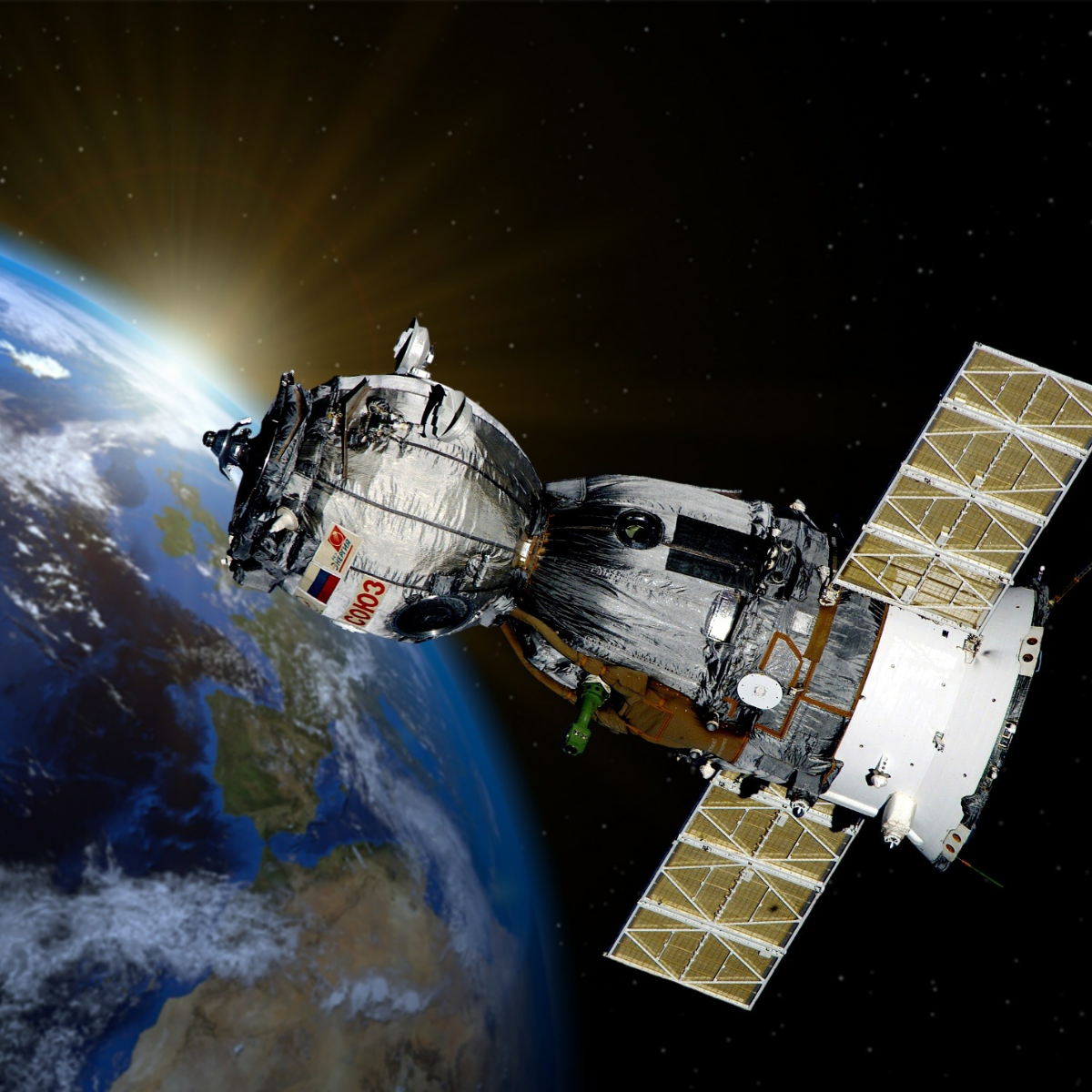Space science has always been a fascinating subject, capturing the imagination of humanity for centuries. From ancient stargazers mapping constellations to modern scientists exploring the furthest corners of the universe, the quest to understand the cosmos has driven technological advancements and expanded our knowledge of existence. In this article, we will delve into the significance of space science, its remarkable achievements, and its potential to shape the future of humanity.
What is Space Science?
Space science encompasses the study of celestial objects, phenomena, and the universe as a whole. It includes disciplines such as astronomy, astrophysics, planetary science, and cosmology. Scientists in this field investigate everything from the behavior of stars and galaxies to the properties of planets and the fundamental forces governing the cosmos.
The Importance of Space Science
Space science plays a crucial role in advancing technology, enhancing our understanding of Earth, and inspiring future generations. Here are some key reasons why it matters:
1. Technological Advancements
The pursuit of space exploration has led to groundbreaking technologies that benefit everyday life. For example, satellite communications, GPS systems, weather forecasting, and medical imaging are direct results of advancements in space science. The development of materials and systems for space missions often leads to innovations with practical applications on Earth.
2. Understanding Our Planet
Space science allows us to study Earth from a broader perspective. By observing our planet from space, scientists can monitor climate change, track natural disasters, and understand the delicate balance of ecosystems. This knowledge is crucial for addressing global challenges such as environmental degradation and resource management.
3. Expanding Human Knowledge
Exploring space satisfies humanity’s innate curiosity about the universe. By studying celestial bodies, scientists uncover the origins of stars, planets, and galaxies, shedding light on the history of the cosmos. These discoveries help answer fundamental questions about our place in the universe and the possibility of extraterrestrial life.
4. Inspiring Generations
Space science captures the imagination of people worldwide, encouraging interest in STEM (Science, Technology, Engineering, and Mathematics) fields. Programs like NASA’s Artemis mission and SpaceX’s Mars colonization plans inspire young minds to pursue careers in science and engineering, fostering a new generation of innovators.
Remarkable Achievements in Space Science
Over the years, space science has accomplished extraordinary feats that demonstrate human ingenuity and determination. Here are some notable milestones:
1. The Moon Landing
In 1969, NASA’s Apollo 11 mission marked a monumental achievement in space exploration as humans set foot on the Moon. This historic event showcased humanity’s ability to overcome challenges and achieve seemingly impossible goals.

In 1969, NASA’s Apollo 11 mission achieved the historic feat of landing humans on the Moon, a milestone in space science that showcased humanity’s remarkable capabilities
2. Mars Exploration
Rovers like Curiosity and Perseverance have provided invaluable insights into the geology and climate of Mars. These missions aim to determine the planet’s habitability and search for signs of past or present life.
3. The Hubble Space Telescope
Launched in 1990, the Hubble Space Telescope has revolutionized our understanding of the universe. Its stunning images and data have revealed the existence of exoplanets, black holes, and distant galaxies, transforming modern astronomy.
4. The International Space Station (ISS)
The ISS serves as a hub for international collaboration and scientific research in microgravity. Experiments conducted aboard the ISS contribute to advancements in medicine, technology, and our understanding of space.
The Future of Space Science
As technology continues to evolve, the future of space science holds immense potential. Several exciting developments are on the horizon:
1. Human Missions to Mars
Organizations like NASA and SpaceX are working toward sending humans to Mars. These missions aim to establish sustainable settlements, paving the way for interplanetary colonization and resource exploration.
2. Advancements in Space Telescopes
Next-generation telescopes, such as the James Webb Space Telescope, promise to provide unprecedented views of the cosmos. These instruments will enable scientists to study the formation of stars, galaxies, and potentially habitable planets.
3. Commercial Space Travel
The rise of private space companies has made space travel more accessible. Companies like Blue Origin and Virgin Galactic are pioneering commercial space tourism, offering civilians the opportunity to experience space firsthand.
4. Search for Extraterrestrial Life
The search for life beyond Earth continues to captivate scientists and the public alike. Missions to icy moons like Europa and Enceladus, which may harbor subsurface oceans, could provide clues about the existence of alien life.
Challenges in Space Science
Despite its remarkable achievements, space science faces several challenges that must be addressed to ensure continued progress:

Space exploration is expensive, requiring significant investment in research, development, and infrastructure. Balancing these costs with other priorities remains a challenge for organizations.
1. High Costs
Space exploration is expensive, requiring significant investment in research, development, and infrastructure. Balancing these costs with other societal priorities remains a challenge for governments and organizations.
2. Space Debris
The accumulation of debris in Earth’s orbit poses risks to satellites, spacecraft, and astronauts. Developing effective strategies to mitigate and manage space debris is essential for the safety and sustainability of space activities.
3. Ethical Considerations
As space exploration expands, ethical questions arise regarding the use of extraterrestrial resources, planetary protection, and the potential impact of human activities on other celestial bodies.
Conclusion
Space science is a testament to human curiosity, resilience, and ingenuity. It not only unravels the mysteries of the universe but also addresses critical challenges on Earth. As we continue to push the boundaries of exploration, the possibilities are limitless. From understanding our cosmic origins to forging a path for interstellar travel, space science holds the key to a brighter and more informed future for humanity.
Whether through the lens of a telescope or the boots of astronauts on distant planets, the journey of space science is one of discovery, innovation, and inspiration. By investing in this field, we unlock the potential to solve global challenges, ignite imaginations, and explore the infinite wonders of the cosmos.
You can read:






